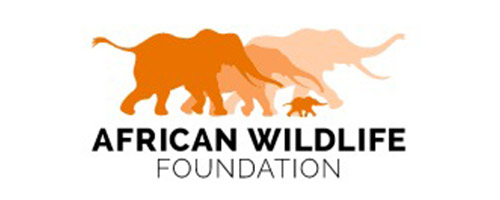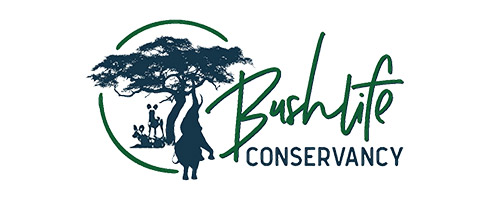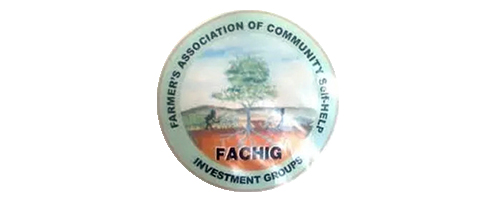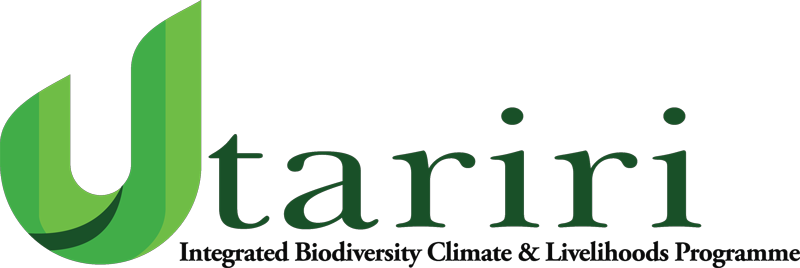




Improving food security and rural livelihoods, economic empowerment of women and youth, protection and safeguarding of children.
Integrated landscape management planning policies, community stewardship, incorporating indigenous knowledge systems and conventional wisdom.
Mitigating human-wildlife conflict, building climate adaptive resilient communities, increasing species diversity, and managing biodiversity refugees.
